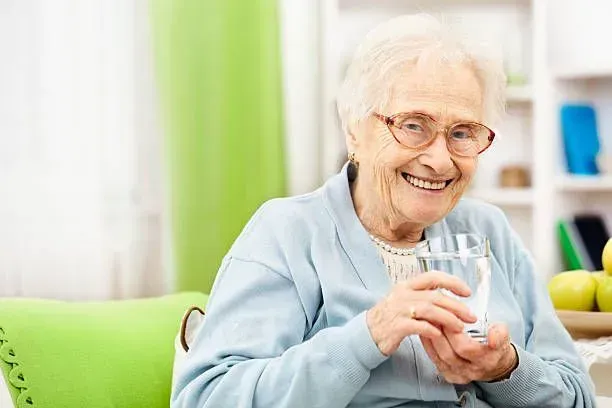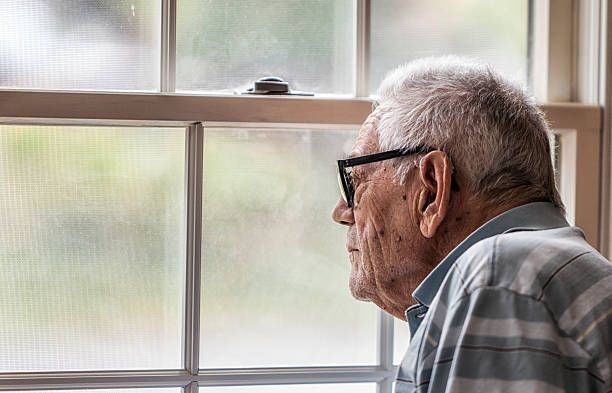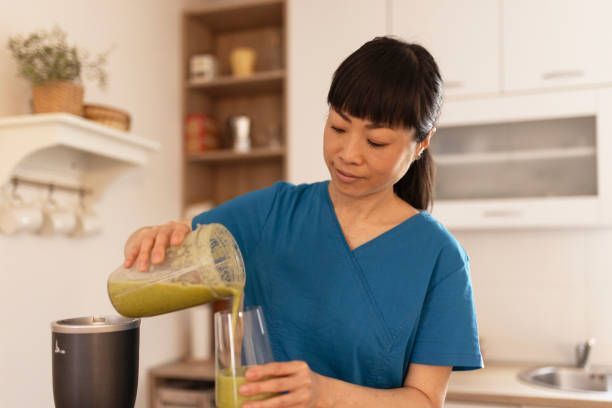The Vital Importance of Staying Hydrated in the Hot Summer Months for the Elderly
The Vital Importance of Staying Hydrated
in the Hot Summer Months for the Elderly
At 7 Day Home Care, we emphasize the critical importance of our home health aides meticulously attending to every detail of all areas of care, including hydration. Proper hydration is vital for maintaining physical and cognitive health, particularly in elderly individuals and those with conditions like Alzheimer’s or dementia, where dehydration can exacerbate symptoms and lead to serious health complications. Our aides are trained to monitor fluid intake diligently, recognize signs of dehydration, and encourage regular drinking habits. They also ensure that every aspect of care—from medication management and nutrition to personal hygiene and mobility support—is executed with precision and attentiveness. This comprehensive, detail-oriented approach guarantees that our clients receive holistic, high-quality care, promoting their overall well-being and enhancing their quality of life at home. 7 Day Home Care is licensed by the New York State Department of Health to provide home care services in Manhattan, Queens, Brooklyn, and Long Island, New York.

7 Day Home Care is Dedicated to Ensuring the Health and Safety of Seniors
As the scorching summer months envelop us, it is crucial to recognize the significance of staying hydrated, particularly for our elderly loved ones. Dehydration poses a serious threat to the well-being of older adults, and 7 Day Home Care aims to shed light on this issue. This article will highlight the signs of dehydration and emphasizing the need for adequate hydration among the elderly population. With in-home care services available in Manhattan, Brooklyn, Queens, Nassau County, and Suffolk County, New York, 7 Day Home Care is dedicated to ensuring the health and safety of seniors.
The Prevalence of Dehydration in Elderly
According to the Centers for Disease Control and Prevention (CDC), dehydration is a significant concern for older adults, with many facing an increased risk due to age-related factors. Studies show that nearly 40% of older adults living at home experience dehydration at some point. As the summer heat intensifies, this risk amplifies, making it imperative for seniors to prioritize their hydration.
Warning Signs of Dehydration in Elderly
Detecting dehydration early is crucial for timely intervention. The following signs may indicate that an elderly individual is experiencing dehydration:
- Thirst: While it may seem obvious, a persistent feeling of thirst indicates that the body is already dehydrated.
- Dry mouth and throat: A parched mouth and throat are signs of insufficient fluid intake.
- Dark-colored urine: Dark yellow or amber-colored urine suggests dehydration, as the body is conserving water.
- Fatigue and dizziness: Dehydration can lead to low energy levels and dizziness, making it challenging for seniors to carry out their daily activities.
- Confusion and disorientation: In severe cases, dehydration can affect cognitive function, leading to confusion and disorientation.
Statistics on Dehydration in Elderly
To emphasize the seriousness of dehydration among the elderly, consider the following statistics:
- The American Journal of Public Health reports that dehydration-related hospitalizations among adults aged 65 and older have increased by 83% over the past decade.
- The National Institutes of Health (NIH) highlights that dehydration can increase the risk of falls and fractures in older adults, with dehydration being a contributing factor in 50% of all hospitalizations due to falls.
- A study published in the Journal of the American Geriatrics Society reveals that approximately 60% of older adults arriving at the emergency department are dehydrated, with dehydration being associated with higher mortality rates.
Importance of Staying Hydrated for Elderly
Maintaining proper hydration offers numerous benefits, including:
- Temperature regulation: Sufficient fluids help regulate body temperature, preventing heat exhaustion and heat stroke.
- Heart and kidney health: Hydration supports healthy blood circulation, preventing strain on the heart and maintaining optimal kidney function.
- Cognitive function: Adequate hydration is crucial for optimal brain function, enhancing focus, memory, and overall cognitive abilities.
- Joint and muscle health: Proper hydration aids in lubricating joints and supporting muscle flexibility, reducing the risk of cramps and discomfort.
Tips for Staying Hydrated for Elderly
Encouraging seniors to stay hydrated can be achieved through the following strategies:
- Drinking water regularly: Aim for at least eight glasses (64 ounces) of water per day, spread out throughout the day.
- Consuming hydrating foods: Encourage the intake of water-rich fruits and vegetables such as watermelon, cucumber, and oranges.
- Limiting caffeine and alcohol: These substances can contribute to dehydration, so it's advisable to consume them in moderation.
- Providing reminders: Caregivers and family members can assist by setting up reminders for regular water consumption.
As the temperature rises, ensuring that our elderly loved ones stay hydrated becomes paramount. Dehydration can have severe consequences for older adults, but by recognizing the signs and taking preventive measures, we can help keep them safe and healthy. 7 Day Home Care, offering in-home care services in Manhattan, Brooklyn, Queens, Nassau County, and Suffolk County, New York, is committed to promoting the well-being of seniors and providing the necessary support to help them stay hydrated throughout the hot summer months. Remember, hydration is key to a healthy and enjoyable summer for our beloved elders. Call 7 Day Home Care today at 516-408-0034 to learn more about our home care agency services near you in New York.
Brian Callahan
7 Day Home Care










